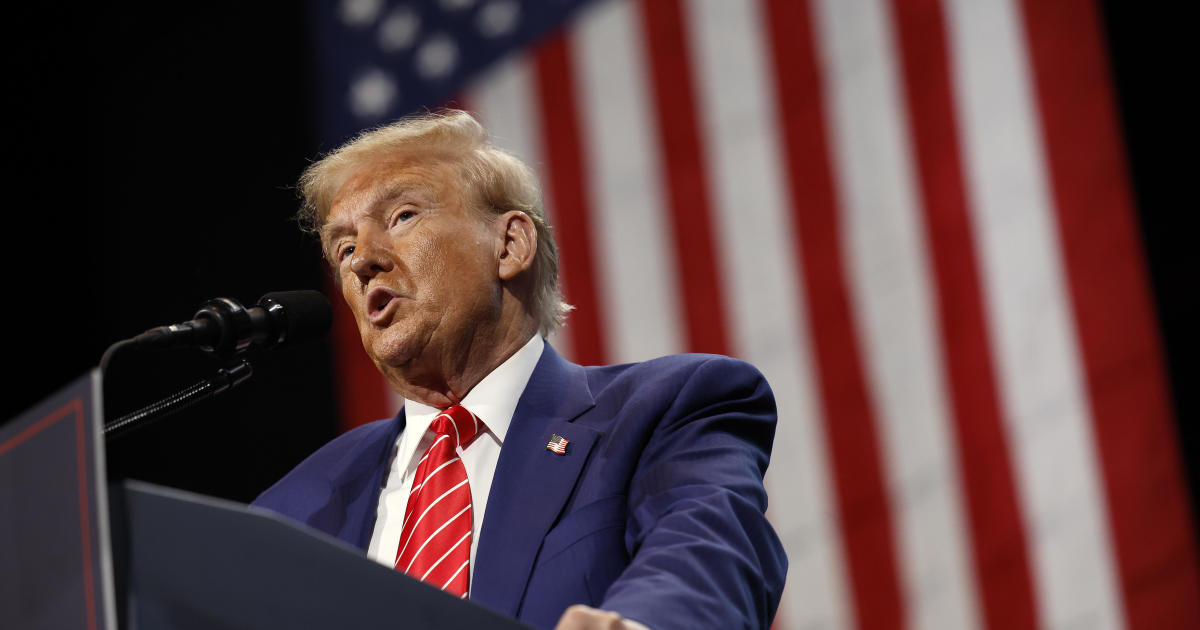Judge Tanya Chutkan made a significant ruling on Thursday regarding former President Donald Trump’s request to delay the unsealing of court records and exhibits in the 2020 election interference case. In her five-page order, Chutkan denied Trump’s request to postpone the release of evidence submitted by the government until after the election, stating that there is a presumption of public access to all facets of criminal court proceedings.
Trump’s lawyers argued that keeping the material under seal for another month would serve other interests, but Chutkan found their arguments unpersuasive. She emphasized that Trump did not submit relevant arguments related to the factors that would be considered in such a decision. Instead, Trump’s legal team focused on reasons for keeping the information sealed without addressing the necessary considerations.
The court had previously allowed special counsel Jack Smith’s brief to be made public with certain redactions, including names of alleged co-conspirators, campaign staff, and White House officials. However, Trump opposed any further disclosures and requested that the information not be released during early voting to avoid potential election interference. Chutkan rejected this argument, stating that the court was not limiting access to only one side of the case and that Trump was free to submit his legal arguments before the deadline.
Following Trump’s opposition, Chutkan granted Smith’s request to file the appendix with proposed redactions on the public docket. The appendix contains sensitive materials, including transcripts of grand jury testimony and FBI interviews, which are subject to a protective order issued at the start of the case. Despite Trump’s concerns about asymmetric release of information, Chutkan maintained that the court’s actions were not interfering with the election process.
In a separate order, Chutkan announced that the court would put the appendix with Smith’s proposed redactions in the public docket on Friday. The case against Trump was revived in August after the Supreme Court ruled that former presidents are entitled to some immunity from criminal charges related to their official acts while in office. Prosecutors sought a new indictment against Trump to comply with the high court’s decision, which led to a more narrow set of allegations and removed references to his discussions with Justice Department officials.
Trump was initially charged in August 2023 with four counts connected to an alleged scheme to subvert the transfer of power after the 2020 election. The new indictment maintains those charges, and Trump has pleaded not guilty. The ongoing debate centers on whether the conduct alleged in the indictment is protected by presidential immunity, a determination that will be made by Chutkan. Trump’s legal team intends to seek dismissal of the case based on presidential immunity and other grounds.
In conclusion, Judge Tanya Chutkan’s ruling denied Trump’s request to delay the unsealing of court records and exhibits in the 2020 election interference case. The court will release evidence submitted by the government, including sensitive materials subject to a protective order, on Friday. Despite Trump’s concerns about potential election interference, Chutkan emphasized the importance of public access to criminal court proceedings and maintained that the court’s actions were not interfering with the electoral process. The case against Trump continues to evolve as the legal battle over presidential immunity unfolds.









